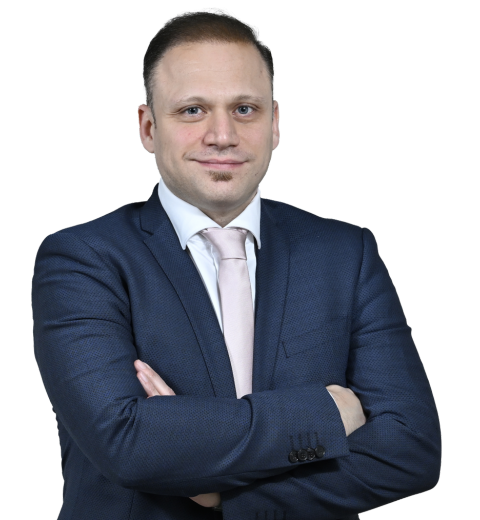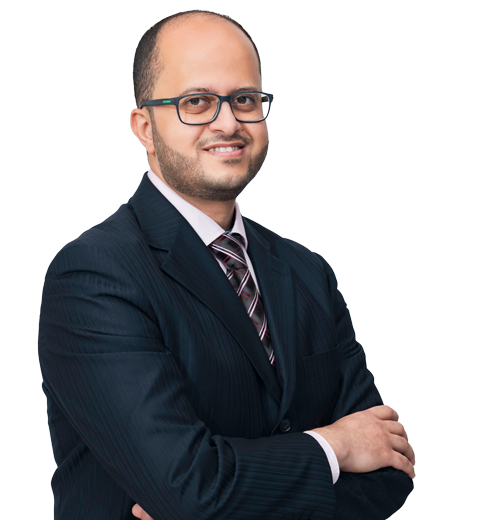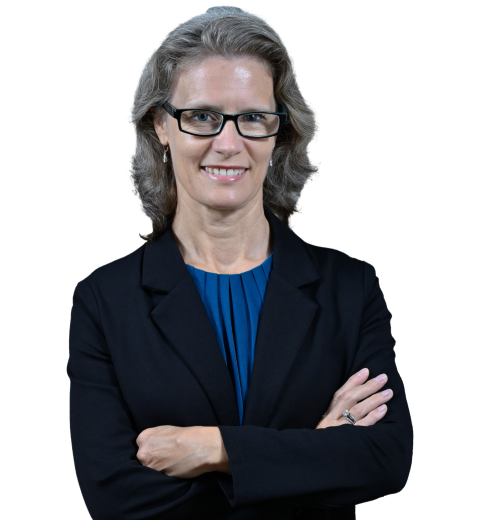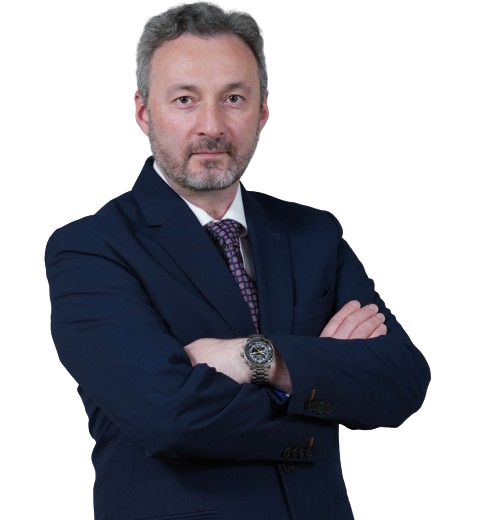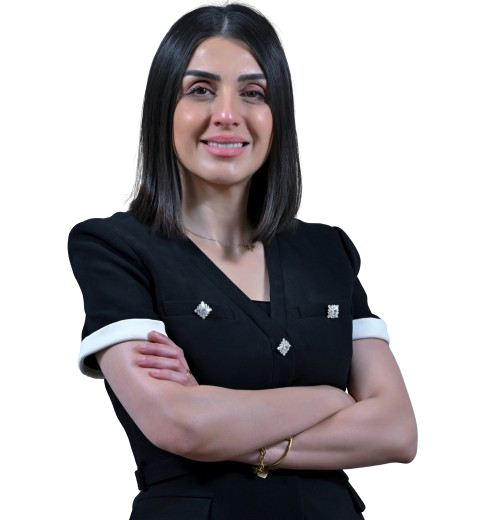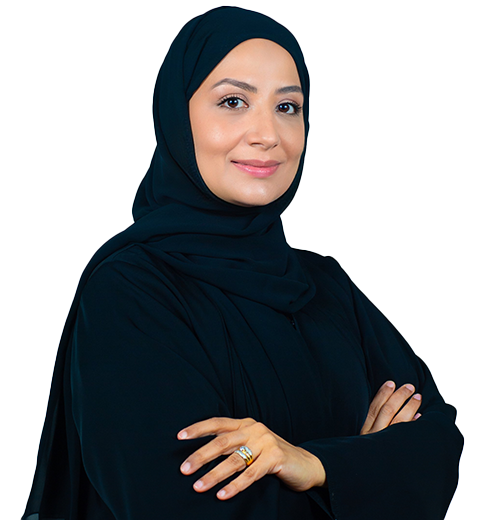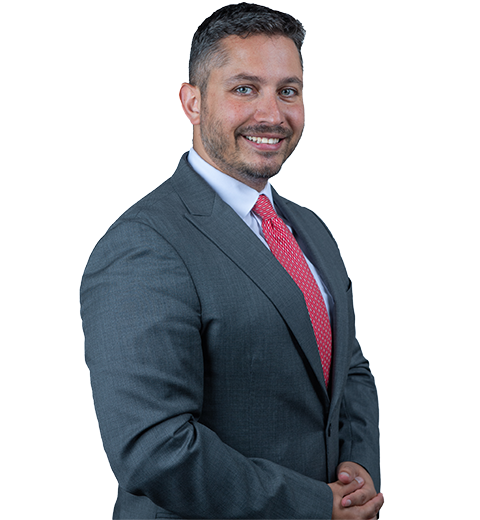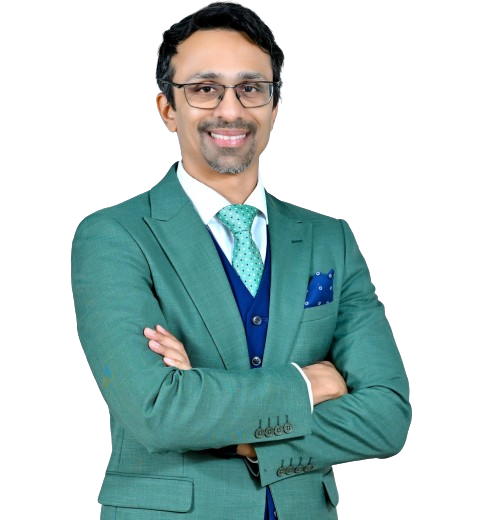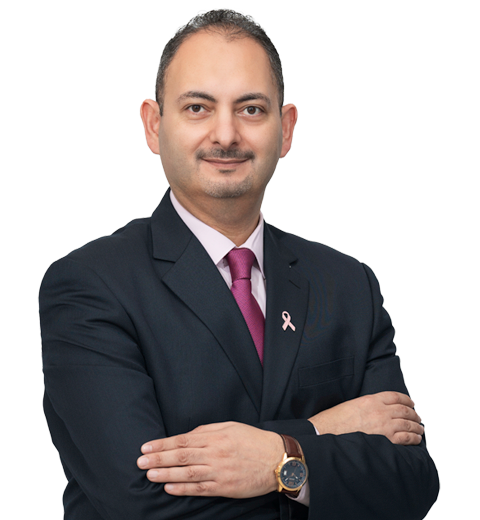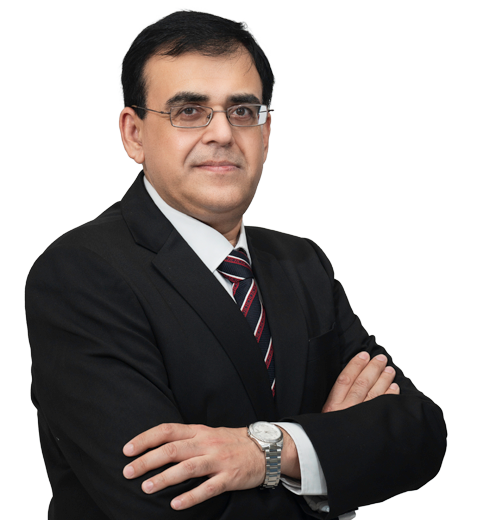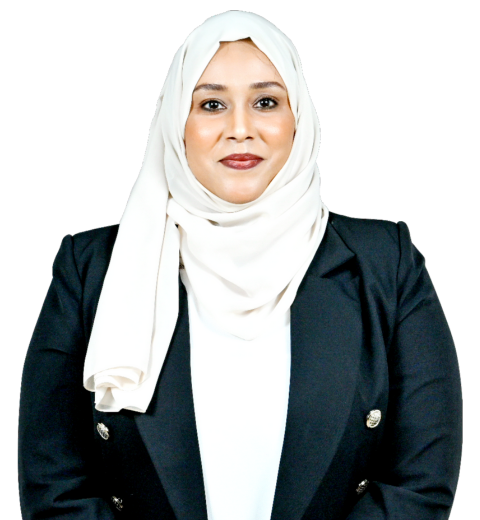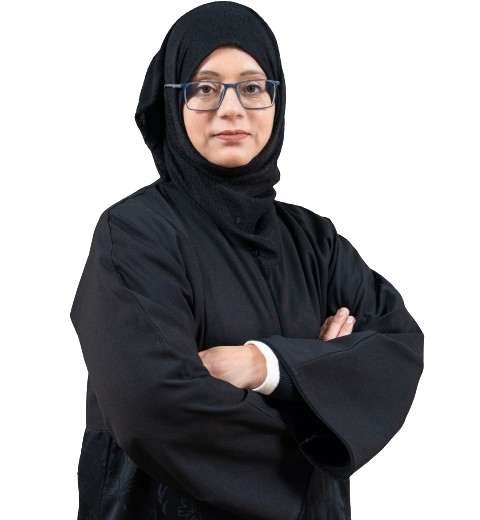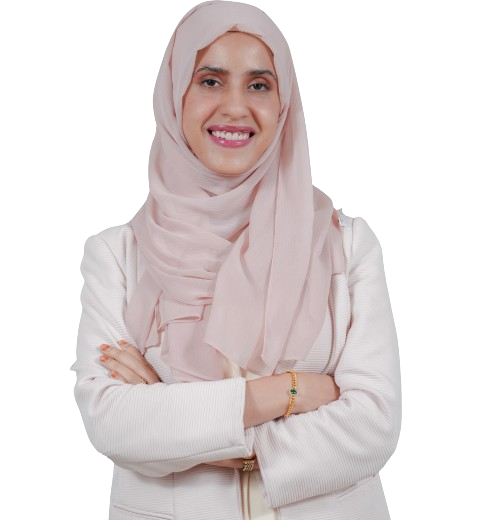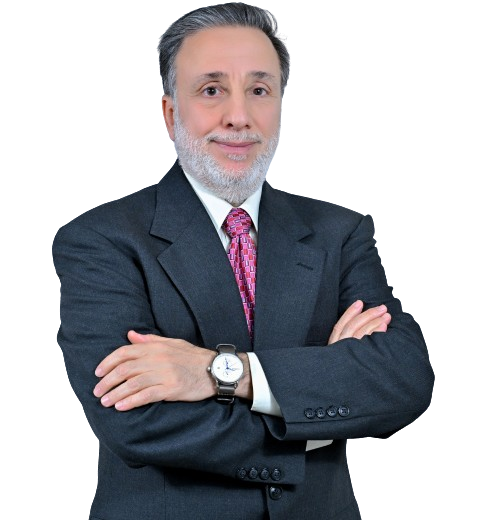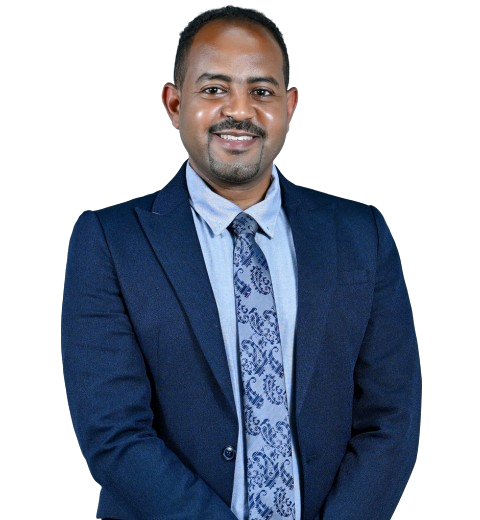Lung cancer occurs when abnormal cells in the lungs divide uncontrollably and form tumors. These tumors can block airflow to the lungs, making breathing difficult for people with the condition. It most often develops in the tissues of the bronchi, which are the airways that carry oxygen-rich air from your mouth to your lungs. It can also develop in other parts of the lung, including the pleura (the lining between your lungs and chest wall), alveoli (small sacs where oxygen is exchanged for carbon dioxide), lymph nodes within the chest cavity, or space in between the lungs.
Symptoms of Lung Cancer
The symptoms are similar to those of other illnesses, so it can be difficult to tell if you have the condition. The most common symptoms include:
- Changes in your cough
- Chest pain, which may be worse when you breathe deeply
- Shortness of breath, which may be worse when you lie down
- Blood in your phlegm (spit) or coughing up blood
Causes of Lung Cancer
It is the second most common type of cancer in the world, and it is the leading cause of cancer-related death. It’s also one of the most preventable cancers: quitting smoking lowers your risk by 50%. But what are some other causes of lung cancer? Here are some of the more common ones:
- Exposure to secondhand smoke
- Radon gas exposure
- Air pollution (including particulate matter)
- Diesel exhaust fumes
Diagnosis
It is diagnosed by a combination of physical examination, imaging, and biopsy. Imaging tests include chest X-rays, CT scans, MRI scans, PET scans, and ultrasounds. These tests will show whether or not you have any tumors in your lungs. Finally, a biopsy is performed to confirm the presence of lung cancer. A sample of tissue is taken from the tumor under local anesthesia.
Treatment
Lung cancer is the leading cause of cancer-related deaths worldwide. The five-year survival rate for lung cancer patients is only 16 percent. There are several types of treatment, including surgery, chemotherapy, radiation therapy, and targeted therapy.
Surgery is used to remove tumors in the lung or nearby lymph nodes.
Chemotherapy uses drugs to kill cancer cells or stop them from growing.
Radiation therapy uses high-energy rays to destroy cancer cells. Targeted therapy uses drugs that block the growth and spread of cancer cells. The best treatment depends on your age, health, and type of lung cancer. If you or your loved ones have lung cancer, talk with your doctor about the best treatment options for you.
Burjeel Medical City, Abu Dhabi, is one of the leading cancer treatment centers in the Middle East. The hospital offers a wide range of treatment options for lung cancer patients, including surgery and radiation therapy. The center also offers advanced diagnostic technologies, such as CT and MRI scans, to identify the stage of your cancer.

